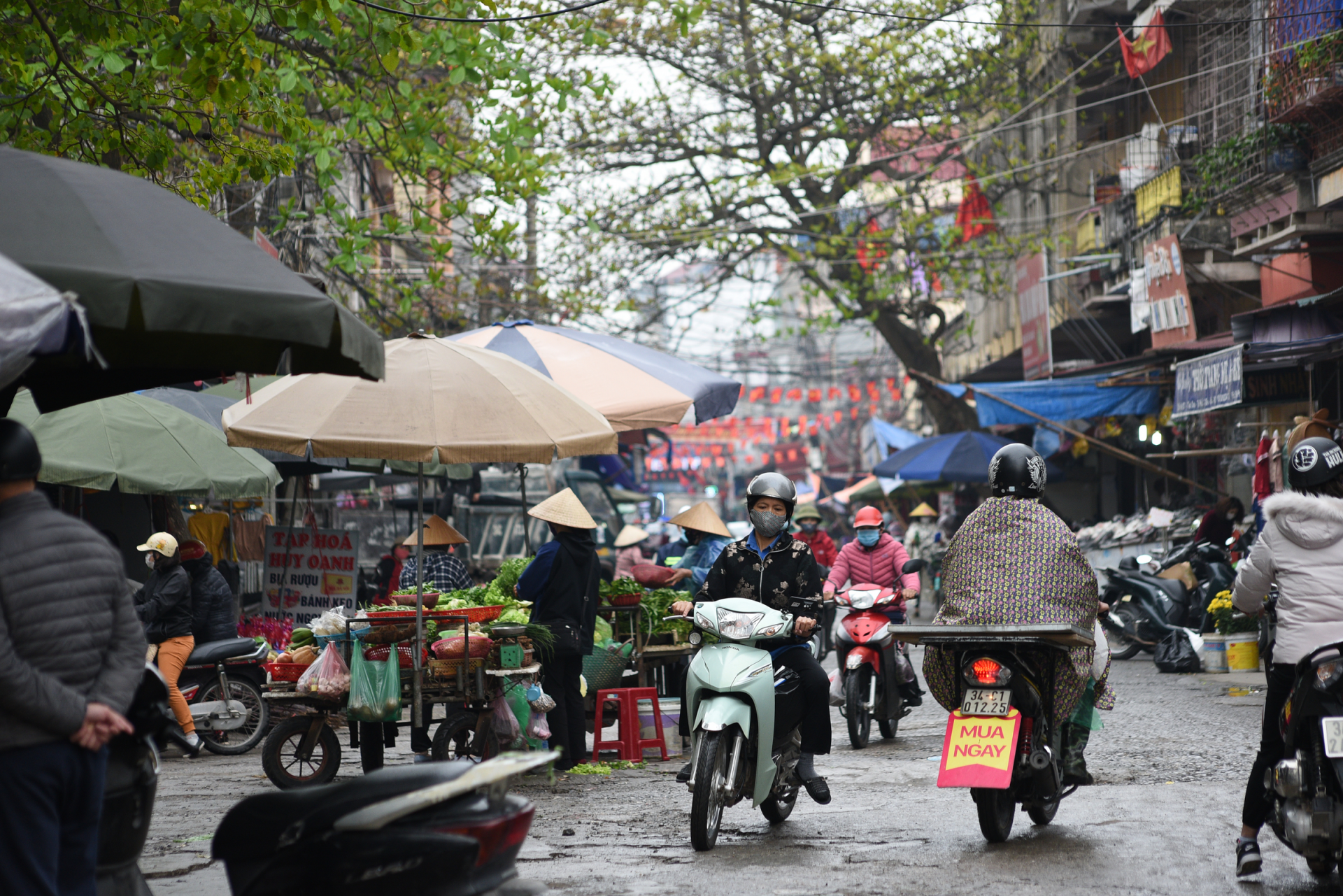Germany’s prolonged lockdown order deters Vietnamese health workers from repatriating
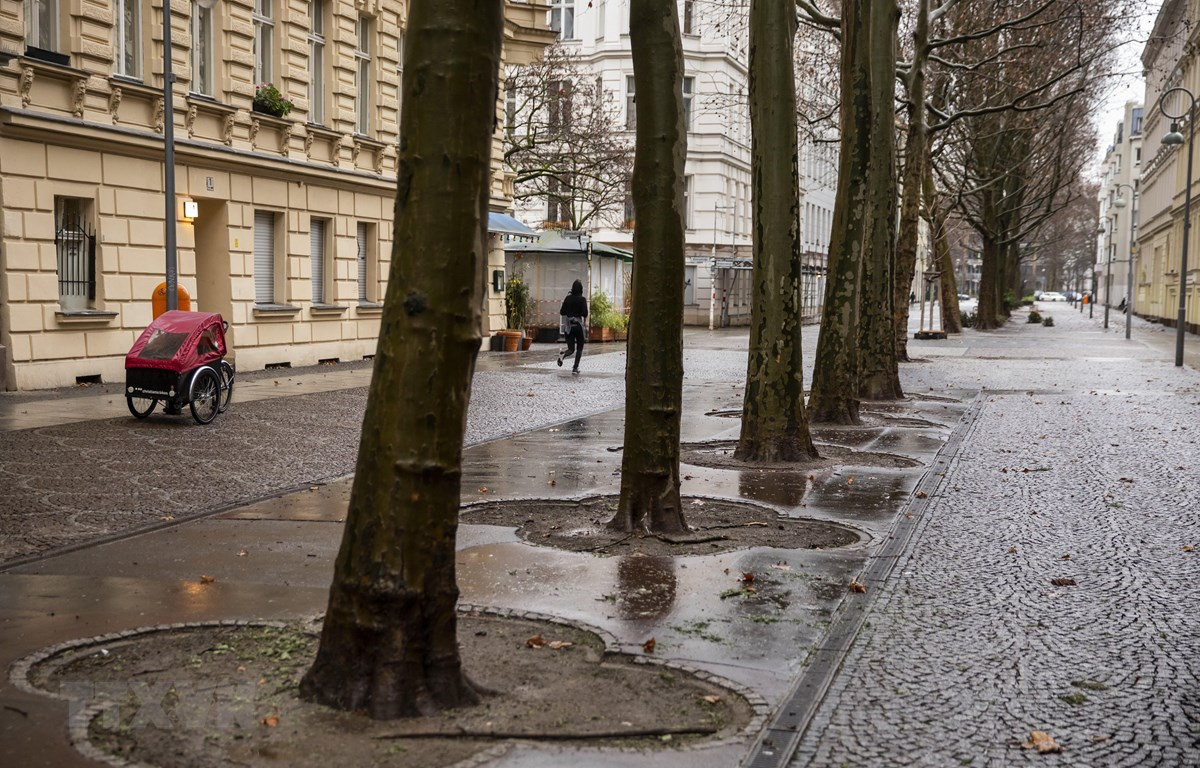 |
| German people have gone 5 consecutive months abiding by the lockdown order. Photo: AFP |
German people have gone 5 consecutive months abiding by the lockdown order.
However, in the context that the epidemic situation in Germany tends to be out of control, on March 22, Chancellor Angela Merkel decided to extend the restriction measures until at least April 18.
The protracted closure has exerted a significant impact on the life of the Vietnamese community in Germany.
Luong Thi Hang, a nurse at the University Hospital of Cologne, North Rhine-Westphalia State, said her plan was greatly affected due to the new wave of infections.
“Since the pandemic broke out, I haven’t had time to rest. I have an intention of traveling, moving house, and coming back to Vietnam for the summer holiday. However, I have to postpone all of my plans because of the prolonged blockage in Germany”, Hang told to Zing News.
“As Germany has made efforts to combat Covid-19 for more than one year and launched the inoculation campaign, everyone thinks that at this session, the German government will loosen the blockade. But everything is now going in the opposite direction, I'm quite confused and don't know when the order will end”, Hang added.
 |
| Dr. Le Duc Dung, working at the Wuerzburg University Hospital, Bavaria State. Photo courtesy of Dung. |
Like Hang, Dr. Le Duc Dung, working at the Wuerzburg University Hospital, Bavaria State, said he had also to cancel his Easter holiday.
“Easter holiday is normally time for me to relax, travel and visit my friends. But with this situation, all plans have been scrapped”, Dung was quoted by Zing News as saying.
“Under the lockdown, my children have to study online and this has proven ineffective. Over the past year, they can’t go to school to meet their teachers and friends, like losing a year of childhood”, Dung said.
Both Dung and Hang are medical staff, hence, their work hasn’t been affected too much. However, for other Vietnamese workers in Germany, the pandemic has turned their lives upside down.
“I know some office workers got sacked or had their working hours cut. There are people who have worked for nearly 30 years, only a few years to retire, but because of the epidemic, they suffered layoffs”, Hang said.
Lockdown before it's too late
Although his plans are affected, Dung reckoned that the prolonged lockdown is essential.
“Germany is forced to be placed under lockdown, otherwise hospitals will be under pressure. Once the health facilities are overloaded, not only Covid-19 patients but also others will be impacted”, Dung said.
"This wave of infections have demonstrated to be worse than the previous two”, said Lothar Wieler, President of Robert Koch Institute (RKI), the Germany Agency for infectious disease control.
Wieler also warned Germany could record up to 100,000 new cases a day if the epidemic prevention measures were not adopted.
 |
| Luong Thi Hang, a nurse at the University Hospital of Cologne, North Rhine-Westphalia State. Photo courtesy of Hang. |
The fact was that Germany effectively controlled the first Covid-19 wave in the spring of 2020.
Nevertheless, the country almost failed to stem the epidemic in the following outbreaks. Dung pointed out that there were still a number of residents opposing the lockdown policy, not donning face masks and refusing to be vaccinated.
Concurring Dung’s view, Hang said most of her Covid-19 patients “sneaked” to come close contact with other people, despite the government’s order of allowing a maximum of two households to meet each other.
Germany on April 1 logged 24,300 fresh cases, raising the total cases to 2.833.173. 76.543 people have succumbed to the disease, according to RKI.
"The German government has made all-out efforts”
Health workers and the elder over 80 years are currently prioritized groups to receive the Covid-19 vaccine in Germany.
Hang was administered the Moderna vaccine in February and volunteered to switch from the trauma department to taking care of the Covid-19 patients.
Since the inoculation, her department has yet reported any medical workers contracting the virus.
Germany’s vaccination campaign has sparked ire among the citizens due to its slow space. As of April 1, only 11.6% of the population, or more than 9.6 million people have received at least one vaccine shot. This figure is much lower than that of the US, UK, and Israel.
However, according to Hang, the German government has made all-out efforts.
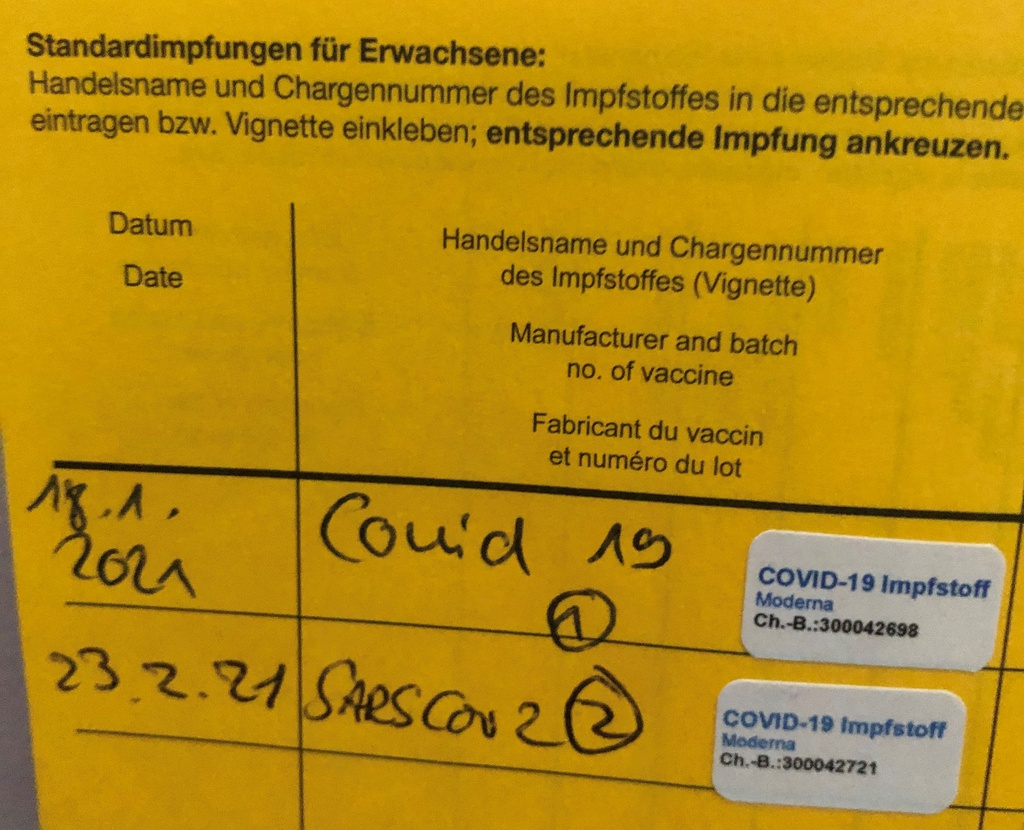 |
| Hang’s certificate of receiving two shots of the Moderna vaccine. Photo courtesy of Hang. |
Dung is also among the prioritized groups to receive the Covid-19 vaccine. Yet, he has to wait until mid-April to get the first jab due to late registration. He said most of his colleagues were injected with the vaccine.
“Germany’s vaccination campaign has been implemented quite slowly. I realized this could be due to 2 reasons including lack of vaccines and the residents’ unwillingness to receive vaccine”, said Dung.
As the vaccination campaign started, only 60% of German people surveyed responded that they wanted to get vaccinated.
"Even some of my colleagues didn’t want to get vaccinated”, Dung added.
However, there are more and more people showing their willingness to receive the vaccine. The government is expected to commence the mass immunization this summer”.
“Scientists predict only when 60-70% of the population in Germany is vaccinated will the pandemic situation in the country be somewhat controlled. Currently, Germany has only given the vaccine to 11% of its population. When this number increases, the life will gradually return to normal”, Dung added.
 | Vietnam News Today (February 16): Hai Duong reimposes lockdown in coronavirus battle Vietnam News Today (February 16) features headlines include UNESCO Representative: VN has unique culture, unique heritage, Vietnam supports South Centre’s role in promoting cooperation between ... |
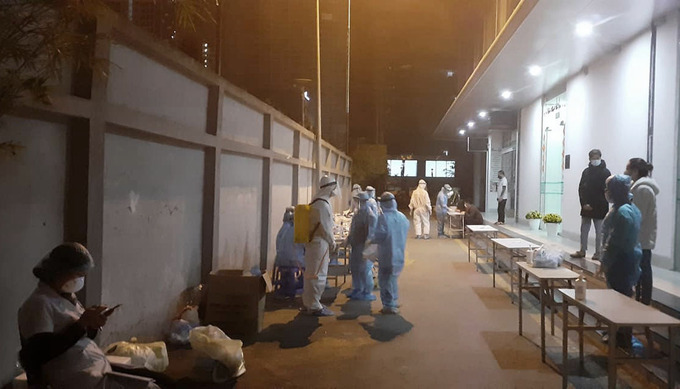 | Apartment building in Hanoi placed under lockdown after Covid-19 case detected Block A and B of the Garden Hill apartment building at 99 Tran Binh, Nam Tu Liem district have been put under lockdown after a ... |
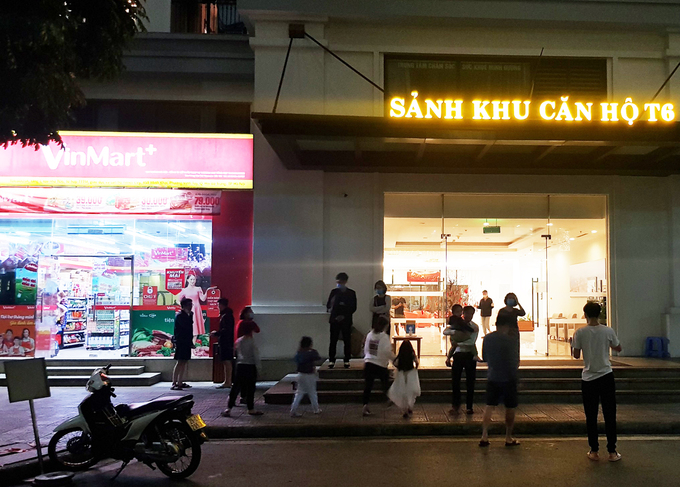 | Hanoi's apartment building put under lockdown after Covid-19 case detected The authority of Dong Da District (Hanoi) has blockaded the Sky City apartment building (88 Lang Ha street) and took more than 1,000 samples of .. |
Recommended
 Overseas Vietnamese
Overseas Vietnamese
Language and Vocational School for Vietnamese launched in Germany
 Overseas Vietnamese
Overseas Vietnamese
A Heart-warming International Children's Day in Abyei
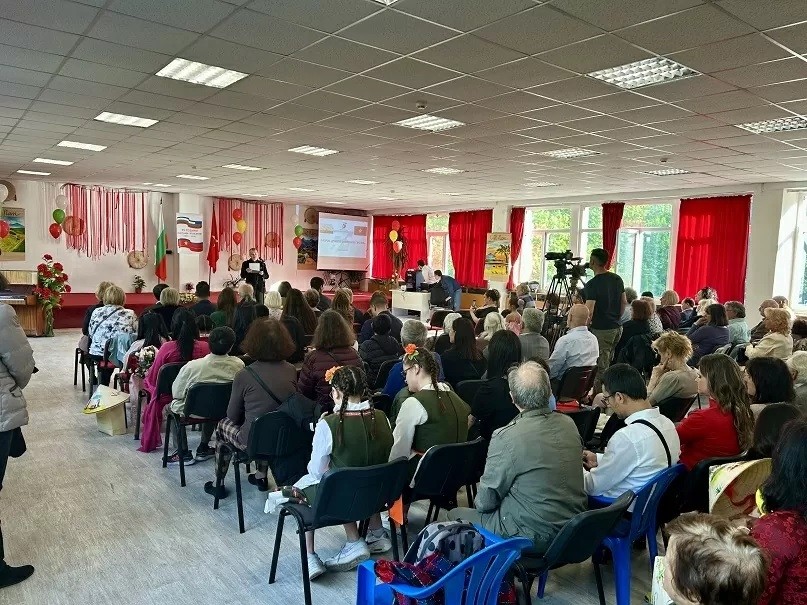 Overseas Vietnamese
Overseas Vietnamese
Art Program Deepens Vietnam-Bulgaria Cultural Exchange and Friendship
 Overseas Vietnamese
Overseas Vietnamese
First Vietnamese Film Week Opens in Greece
 Overseas Vietnamese
Overseas Vietnamese
Strong Bonds Between Vietnam And Belarus, Azerbaijan, and Kazakhstan
 Overseas Vietnamese
Overseas Vietnamese
Vietnam Festival in Tokyo To Be Held for 18th Time
 Focus
Focus
Overseas Vietnamese in Russia Welcome Vietnam People's Army Delegation at Red Square
 Overseas Vietnamese
Overseas Vietnamese

